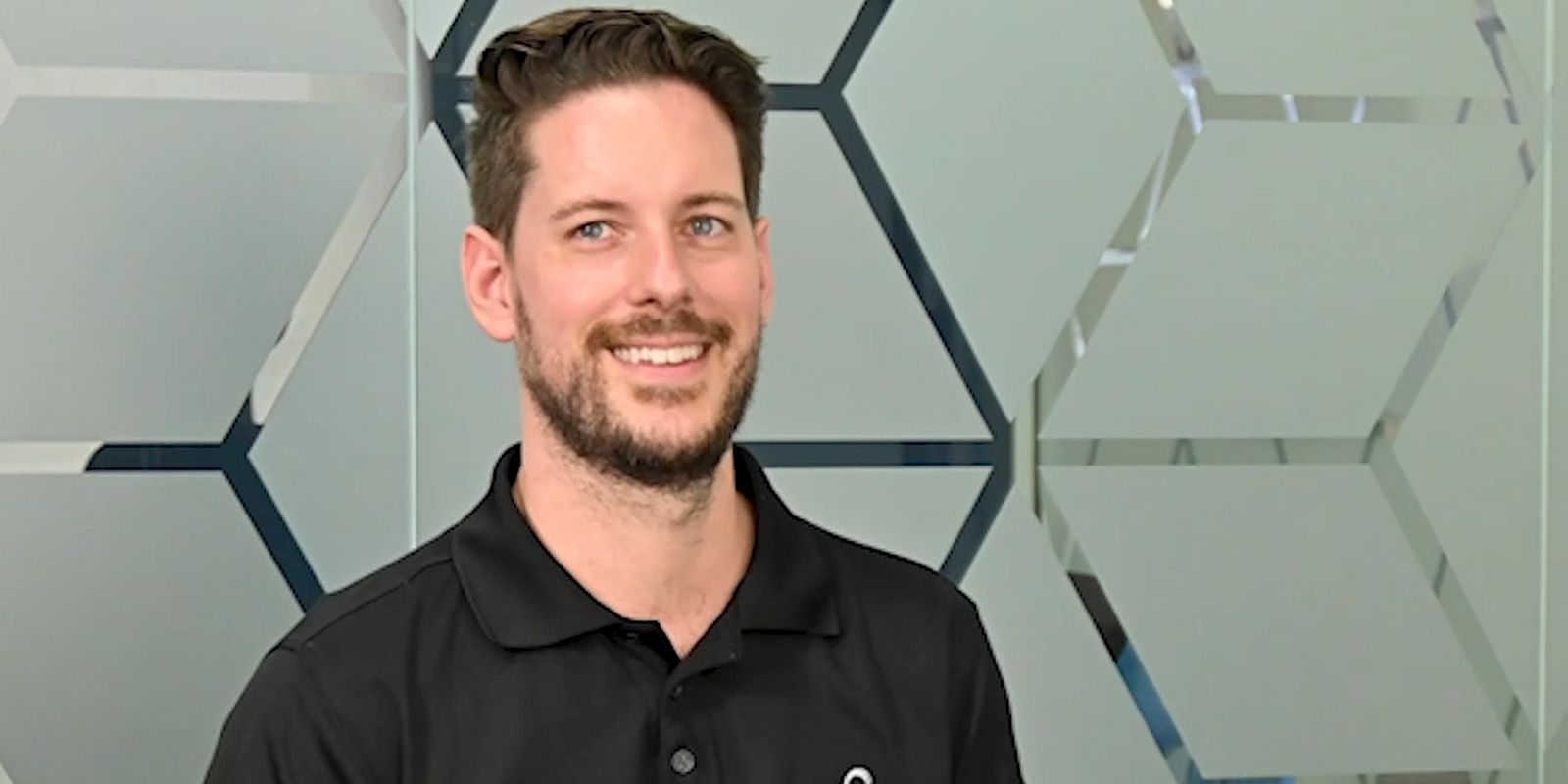Duke Delivers Access

Duke Moolenaar is hearing, but grew up with Deaf parents. His first language, and that of the majority of his family, was Auslan. Despite this fluency, interpreting was not a career that initially appealed to Duke.
“I was actually a mechanic,” he says. “People would often mention interpreting, but I sort of ‘fell’ into the profession after I started moving my focus towards Deaf education. I haven’t looked back!”
As a Certified Interpreter, Duke has worked in a range of locations and circumstances, but describes interpreting live press conferences during emergency situations as both a unique challenge and an unparalleled opportunity.
“The nature of an emergency is naturally unpredictable, and any response is often reactive, so there’s no way to feel completely prepared,” says Duke. “The advance notice is usually between 30 minutes and three hours, and you’re often only armed with a few talking points from a media representative.”
The key to nullifying surprise, Duke says, is self-education, an aspect echoed by many interpreters. This is never more important than when dealing with information around coronavirus, which can change by the hour.
“My usual preparation is to look at recent news broadcasts, and in the case of COVID-19, I access the government app and watch previous announcements to make sure I have the most recent information and statistics.”
Broadcast interpreters from all around the country curate their own Facebook group, where they are able to share information and discuss emerging or frequently used terms particular to a new emergency.
“Recently, the phrase that has come about is ‘flattening the curve’,” says Duke. “It’s so good to be able to work with my peers and the Deaf community to work out a way to accurately and consistently interpret new words and phrases.”
Regular or “day-to-day” interpreting work exists often in intimate and confidential environments such as business meetings, hospital appointments and funerals, where accuracy of information has intensely personal meaning, meaning the transition to the very public sphere of press conferences can be jarring.
“Your skill level, qualifications and experience leads you into being selected for press conferences,” says Duke, “but nothing really prepares you for it. It’s a very foreign feeling and you can feel quite exposed.”
Luckily, though, Duke says his extensive training with Auslan Connections, Deaf Services’ interpreting service, always stands him in good stead, and he never loses sight of why he’s doing what he’s doing.
“Of course it’s always in the back of your mind that you are being broadcast live to thousands of people,” he says, “but it’s easy when you can focus on why you’re there.
“Interpreters are appointed to provide access to critical information in real time to members of our community who rely on Auslan for their information needs.
“Captions are not perfect, and printed material is not always accessible. And of course for many Deaf people Auslan is their first language, not English.”
With Auslan now becoming a much more visible part of everyone’s lives, Duke believes it’s a good time to turn natural curiosity about the language into a greater understanding.
“It’s important to remember that Auslan is a language in its own right, with its own set of rules and grammar used by the Australian Deaf community. It’s a spatial language which utilises the entire upper body including hand shapes and facial expression.”
As for what’s next, Duke says he’d like to see Auslan interpreting become an entrenched part of all broadcasting.
“It would be so beneficial to the community to have to have interpreters regularly on TV during the news or any media announcements, as well as Auslan translation for any printed media such as written press releases or health and safety information.
“Interpreters in workplace meetings are also essential, especially in relation to COVID-19 or health and safety.
“All the work I do, and that of my amazing colleagues at Deaf Services and Auslan Connections, is to ensure the Deaf community receives equal and timely access to critical information. That is something that should never be forgotten.”
